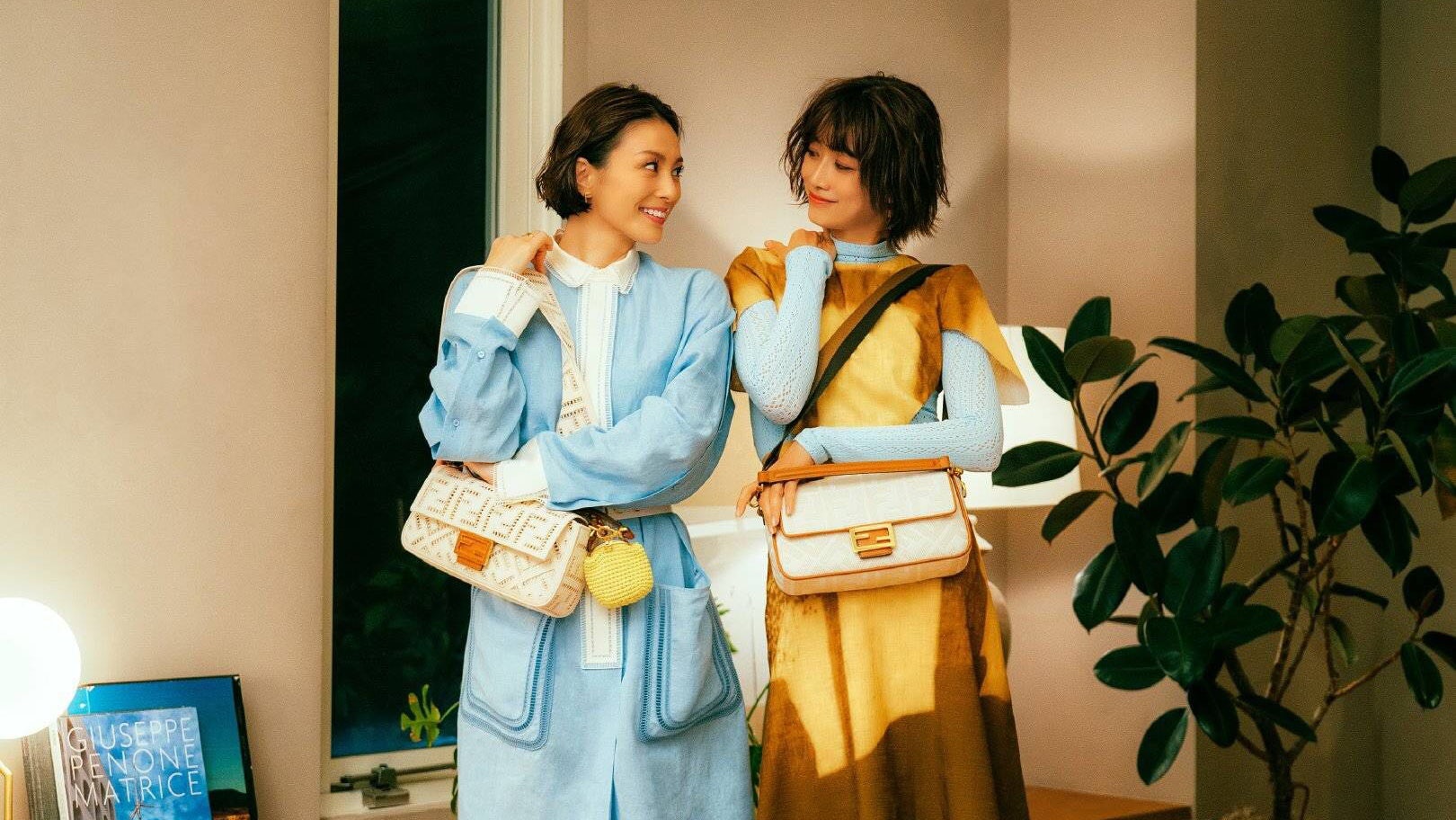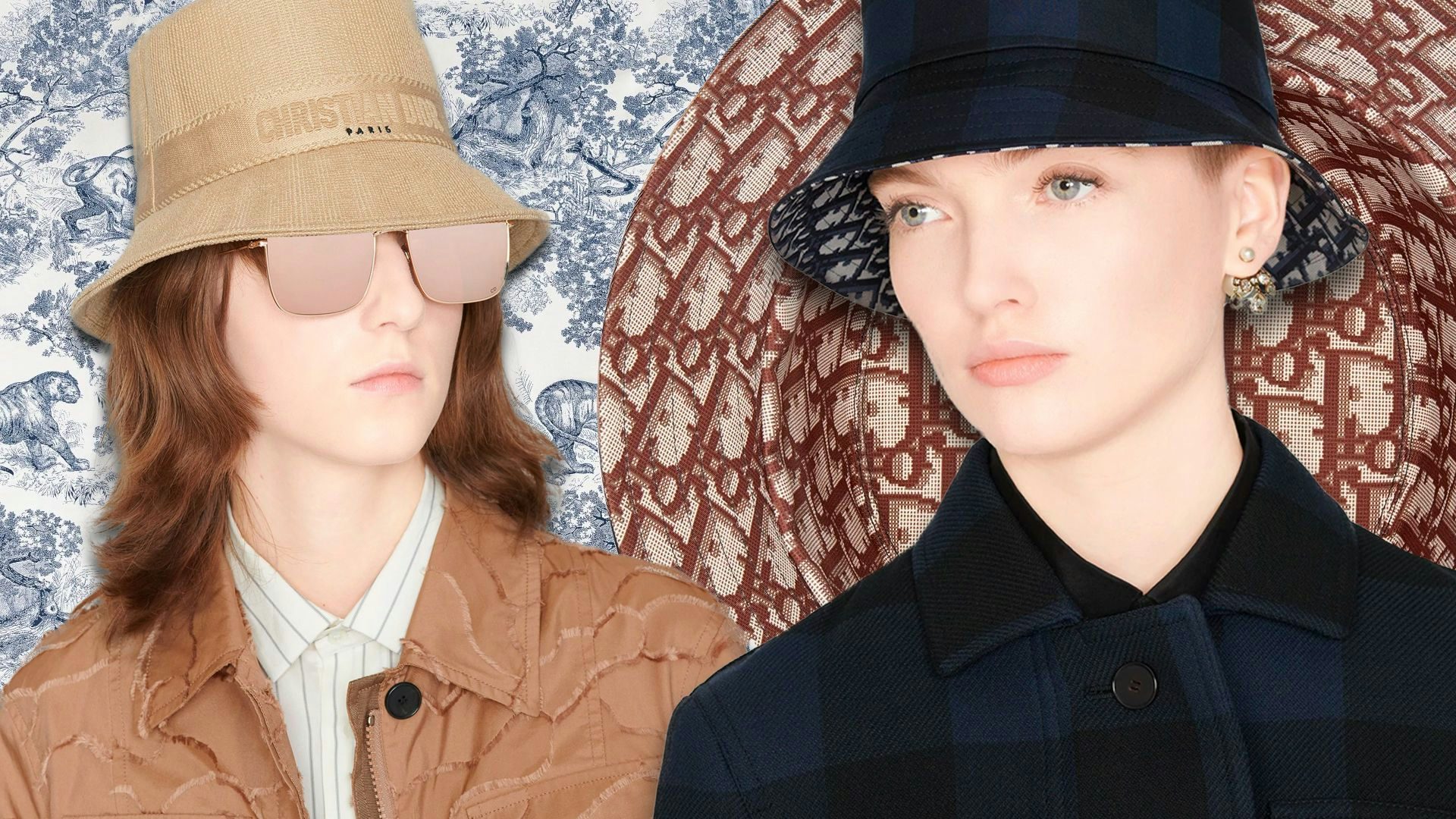Key Takeaways:#
Money doesn’t buy happiness but it seems that it is the pursuit of happiness which buys luxury items: consumers in China, the US, and even Europe seem to be feeling much happier about their prospects.
Correlating luxury demand to what consumers have in their bank accounts would be misleading and implies that beyond China, the US remains a very under-penetrated market.
A random threat like a pandemic is likely a reminder of how fragile life is and an incentive to make the most of it. Luxury purchases are more rational than one would initially think.
Correlations are not what you would think#
As I explain in Future Luxe, the consumption of luxury is not as much correlated to financial means as it is to a desire to prove to society that you belong. In other words, your propensity to purchase a luxury product is more correlated to psychological elements than to your paycheck. When you understand that, it is less surprising to hear that wealth creation has not been the main driver for luxury consumption over the past twenty years.
When you understand that, it also helps you get to grips with how on earth LVMH, the sector’s behemoth, just posted 52 percent constant currency growth in Q1 this year versus 2020 for its main Louis Vuitton and Dior anchored fashion and leather division, but more meaningfully 37 percent growth relative to 2019, which was for all intent and purposes a “normal” year if there is such a thing.
In the words of LVMH’s CFO himself, the recent US stimulus was not the reason American consumers spent so much (i.e. you will not be spending that check now) but its meaning (i.e., […”we will be there for you”...], [… we will “avoid having the whole country being sort of frozen”…], you should go and enjoy life) was likely a very positive psychological trigger.
It is true that the development of global capitalism has created tremendous wealth: the gap between the haves and have-nots is widening in many nations, as measured by the Gini coefficient (a measure of wealth inequality), and on paper, at least, wealth disparities or the so-called “K-shaped recovery” support luxury demand. It is important to remember, however, that luxury sales thrived in Japan in an era of economic stagnation so severe it is now called the “Lost Decade” but ironically could have been called the Luxe Decade, like the title of this column.
Of course, as one of my bosses at Cartier, the brash, larger-than-life Bernard Fornas, liked to say: “Better nouveau riche than never rich.” But wealth is not everything. What counts more is the psychological aspect, the feel-good factor.
Chinese keen, Americans awakening just#
If luxury demand were just a function of GDP per capita, emerging clienteles generally and Chinese consumers specifically would not be dominating the sector’s sales and American consumers would be a lot higher in terms of contribution to sales. There are many supportive factors in mainland China that have drawn consumers to luxury products even if their balance sheets would theoretically not make that spending a no brainer. Fitting in purposes — being part of the club, getting ahead in life (remember Deng’s “to get rich is glorious”?), being seen worthy of a promotion, and worthy of doing business with — makes luxury iconic products a vehicle of choice, even if it means cutting back on certain other expenses.
Conversely, at least until recently, despite wealth, the American market for luxury has seemed incredibly under-penetrated. Here again, it wasn’t about financial means but about cultural, psychological hurdles. The post 9-11 guilt factor, the “quiet money” syndrome of “splashing out on labels is inappropriate or even vulgar,” the value-for-money mind frame. All of that is sticky, but clearly the younger generation in the US is keen and less burdened with preconceived notions that binging on bling is a no-no. After all, especially after having been through the past year and some of privations, one might want to think, I’m spending “because I’m worth it” as our friends at L’Oréal would say.
Fragility might be giving luxury more space to thrive#
A random threat like a pandemic is likely a reminder of how fragile life is and maybe also an incentive to make the most of it. Luxury purchases as more rational than one would initially think and some contacts have been telling me about a “survival trade” along the lines of “I have made it through this, it’s been tough, I deserve to treat myself.” Once again, I am not trying to make the case that financial means should be discarded as a factor, and sure, equity markets have been supportive, while staycationing has freed up some spending, but if you are based in mainland China, the pandemic hasn’t been an issue for some time. If you’re like me, in New York — or in London — and about to get that second shot, the light at the end of the tunnel looks pretty bright. If you are in Continental Europe, however, hang in there and remember, “It’s darkest before the dawn.” And when that light comes, you will feel great treating yourself as well!

